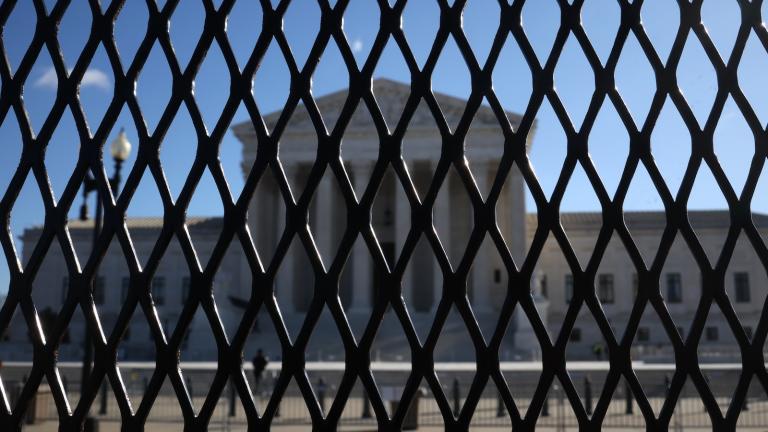 The way forward for progressive transportation policy looks a little rocky.Photo: Michael Holden
The way forward for progressive transportation policy looks a little rocky.Photo: Michael Holden
Things just got tougher for people who want to change the transportation system in the United States from a highway-centric model to one that gives more attention to rail, buses, biking, and walking.
The Transport Politic‘s Yonah Freemark has a good roundup of last night’s transportation-related action, including the gubernatorial races that could affect intercity rail construction (folks in Ohio and Wisconsin, don’t bother waiting for the train).
Among other developments, Rep. Jim Oberstar (D-Minn.), the chair of the House Transportation Committee, narrowly lost the seat that he had held since 1975. Because of the new Republican majority in the House, Oberstar would have lost the chairmanship anyway. He was seen as one of the most articulate and persistent voices for progressive transportation policy in Congress, and his absence will be felt keenly.
Going forward, the real issue will be how to fund any kind of infrastructure spending in a political atmosphere where shrinking government is the new ticket to popularity at the polls. Here’s how Freemark puts it at The Transport Politic:
[T]he more problematic aspect of the GOP’s new power is the party’s unity around the issue of fiscal austerity. Whatever one’s personal thinking about the importance of reducing budget deficits, the fact remains that transportation is largely funded by the government, so a decrease in public expenditures in general likely means fewer funds for highway and transit projects. There is little hope for exceptionalism in transportation: Considering their votes on the 2009 Stimulus bill and their complete opposition to increasing taxes (which will be necessary for any transportation program), Republicans appear not to share the philosophy of the Conservative Party in the United Kingdom, for instance, whose leaders have cut back massively on social programs even as infrastructure spending has been maintained.
The new chair of the House Transportation Committee will likely be John Mica (R-Fla.). Mica has the reputation of being pro-transit, especially in the Republican context. But in the tight-fisted new Congress, it’s unclear how much influence his views will have (or how much transpo bacon he’ll be able to bring home to Florida). And when it comes to raising the gas tax to pay for American roads, bridges, highways, rail or anything else, here’s what Mica was quoted as saying in the Wall Street Journal last month:
“Anyone that thinks the new members who are coming to Congress, whether Republican or Democrat, are going to vote for a gas-tax increase — they’re smoking some kind of funny weed,” Mr. Mica said.
According to Ken Orski, who writes the Innovation Briefs column for the Cascadia Prospectus, a survey of legislative insiders indicated that the chances for “transformational” transportation legislation in the new Congress are slim indeed:
There was a general consensus that the new legislation would contain some reforms but not as extensive or “transformational” as urged by some transportation advocates. Mentioned as possible reforms that could attract bipartisan support were program consolidation, more flexibility for states to use tolling, greater facilitation of public-private partnerships, an expanded TIFIA credit program and a wider use of performance metrics. Chances of creating a National Infrastructure Bank as proposed by the White House were judged small in view of the bipartisan Senate opposition to establishing an autonomous grant-making entity outside the reach of Congress. Equally remote was thought the prospect of narrowing the scope of the Highway Trust Fund to highway-based programs only as advocated by some conservative voices; or the expansion of the Trust Fund to all modes as promoted by proponents of multi-modalism. Nor was total elimination of congressional earmarks considered politically realistic. In sum, the weight of opinion suggested that the policy and program reforms are likely to be less dramatic and the money far less plentiful than the advocacy-oriented elements of the transportation community have hoped to see. “There will be nothing ‘transformational’ about it,” observed one respondent.”
Prepare for the prospect of crumbling infrastructure as usual.




